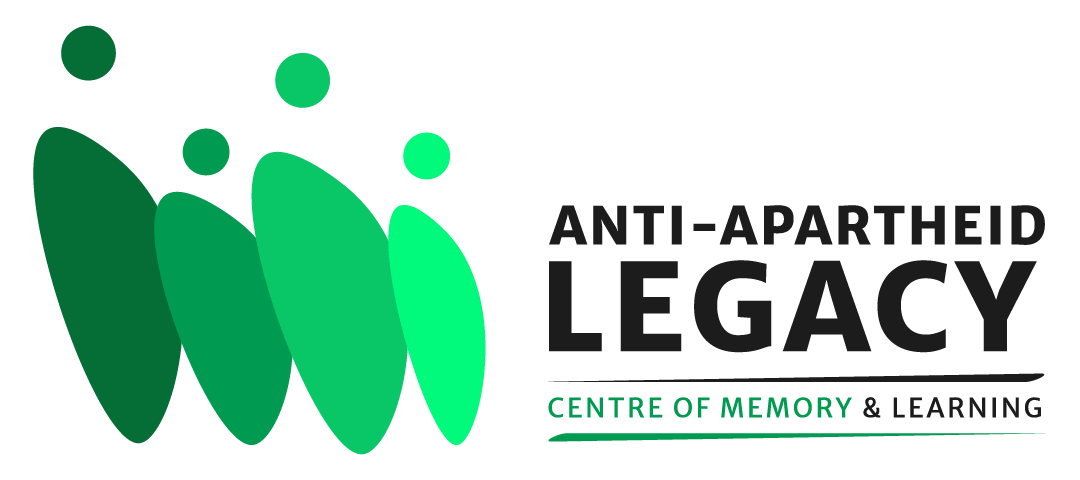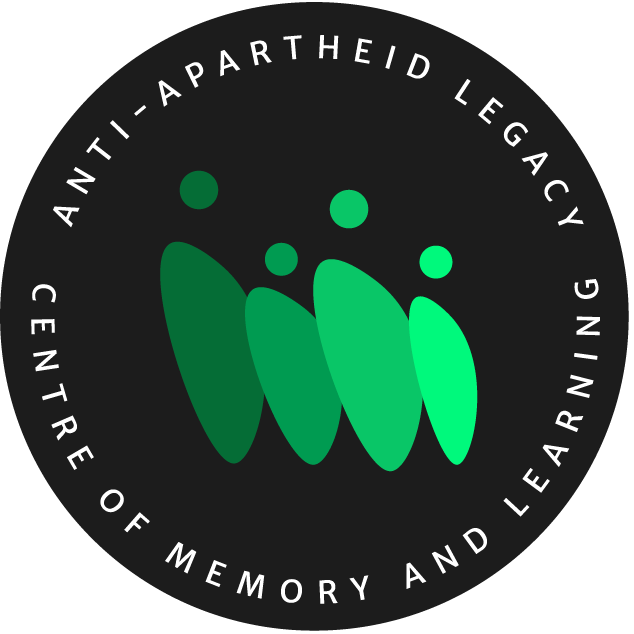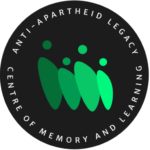The following partner organisations hold collections relating to anti-apartheid heritage that may be of interest and support further research. See below for an overview of their online archives, catalogue listings and more:
Partner Collections
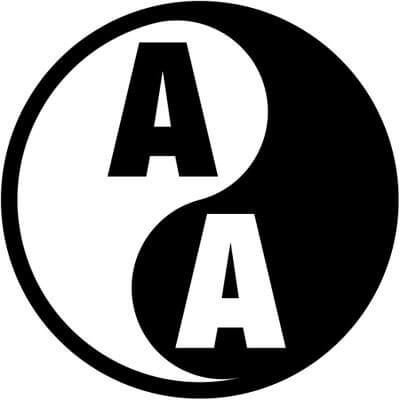
Forward to Freedom is a digital hub telling the story of the British Anti-Apartheid Movement (AAM) and its campaigns to support the people of South Africa in their fight against apartheid. It also documents AAM campaigns to support the freedom of other countries in the region, including Namibia, Mozambique, Zimbabwe and Angola.
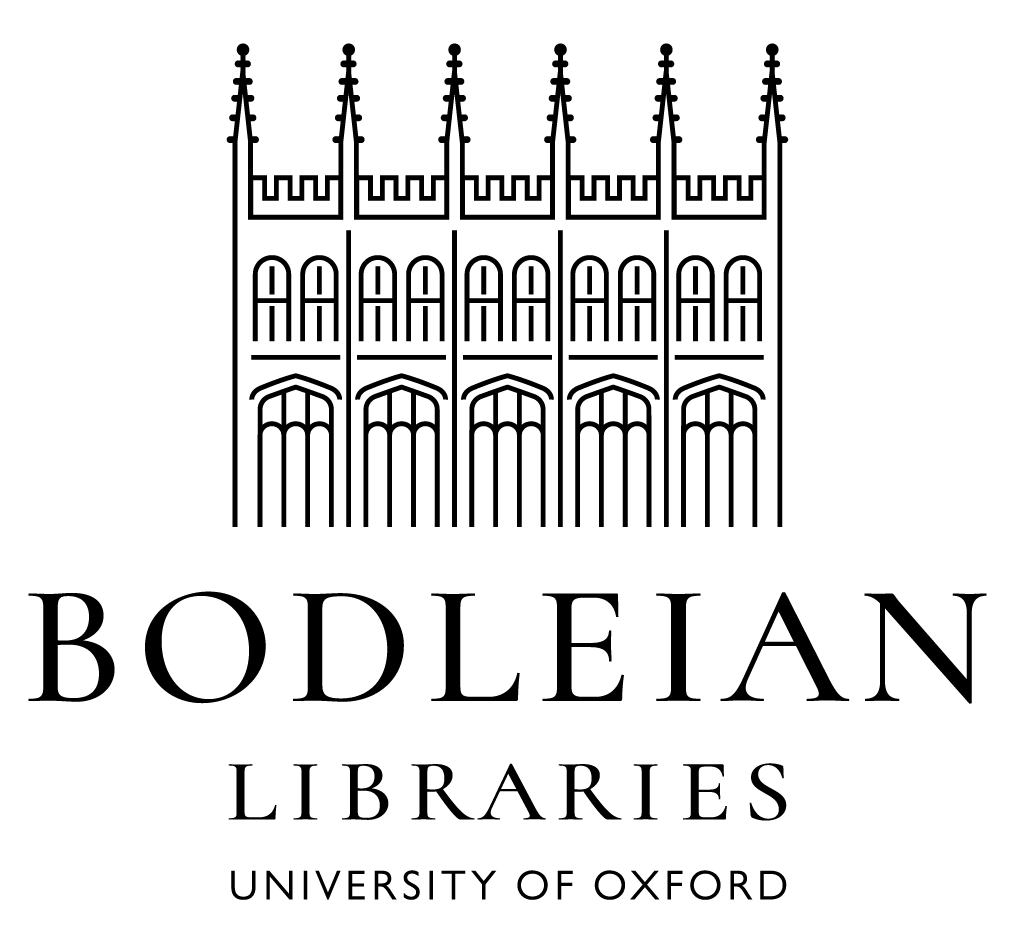
The Bodleian Libraries at the University of Oxford holds the physical papers of the British Anti-Apartheid Movement (AAM). Other Bodleian special collections relating to anti-apartheid heritage include the archives of AAM President, Archbishop Trevor Huddleston, Ron Press, the Bishop Ambrose Reeves Trust, the Namibia Support Committee and End Loans to Southern Africa.
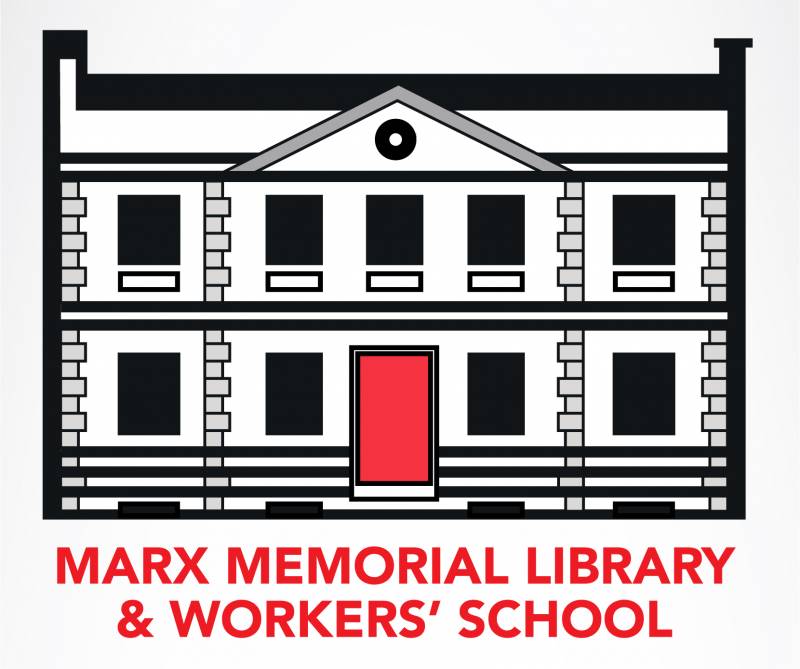
The Marx Memorial Library is home to over 50,000 books and pamphlets in addition to unique archive collections on Marxism, the history of socialism, the working class movements and activist campaign groups. They have a range of posters, pamphlets, books and other materials relating to anti-apartheid activity.
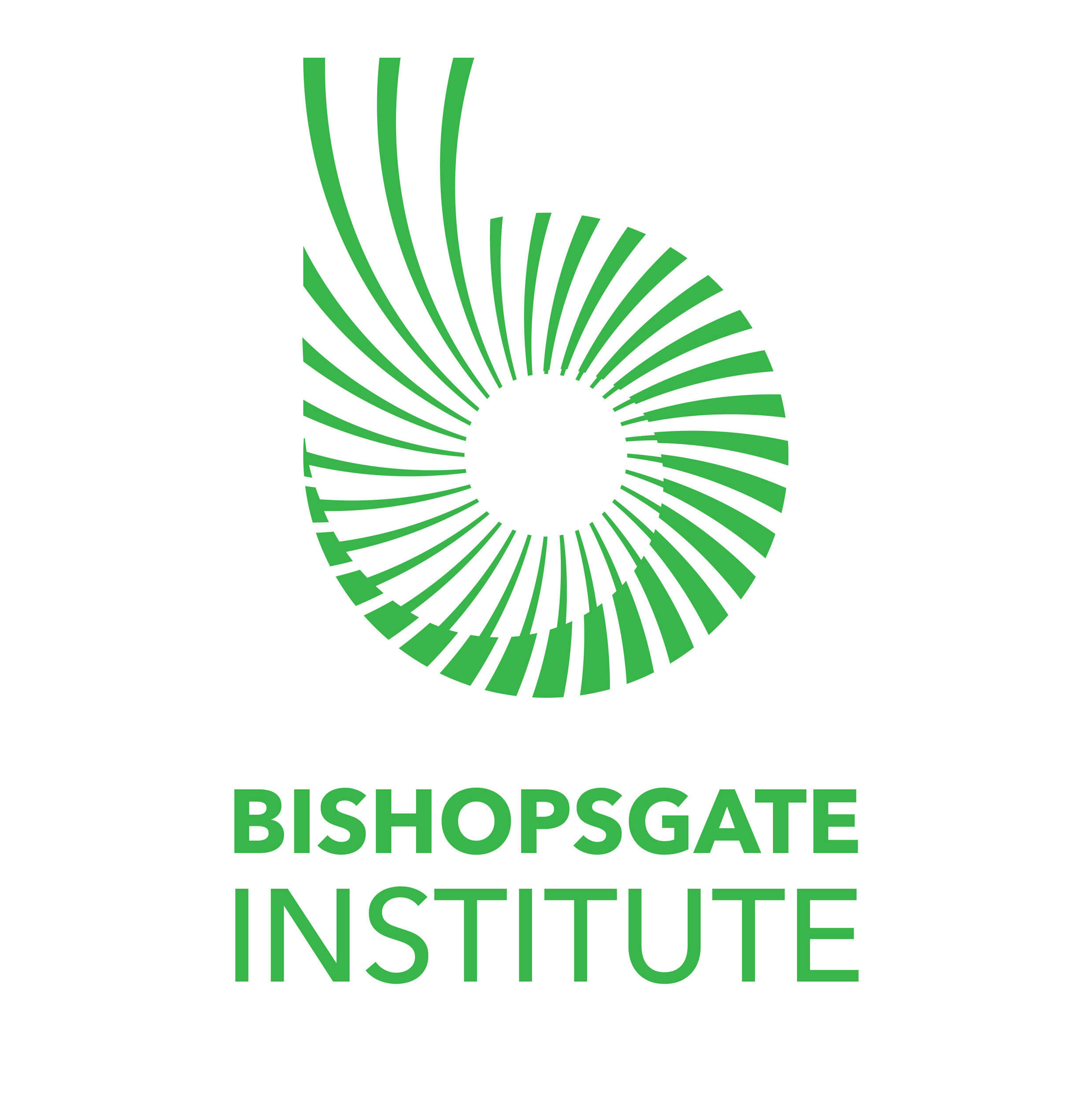
Bishopsgate Institute’s Special Collections and Archives document the experiences of everyday life, as well as the people who have campaigned for social, political and cultural change. Their anti-apartheid related archives include those of anti-apartheid campaigner Stephen ‘Steve’ Kitson and the City of London Anti-Apartheid Group as well as a wealth of information on the Pan-Africanist Congress (PAC) of Azania and its activities.
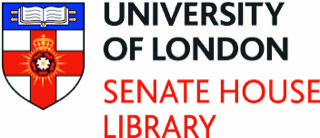
Senate House Library, University of London, holds the Institute of Commonwealth Studies collections, such as the Ruth First archive, as well as numerous anti-apartheid publications. The collecting principle is the history of the Commonwealth, including South Africa. Also included are papers of Mary Benson, Paul and Adelaide Joseph, Ben Turok, and Ronnie Bethlehem. The latter covers the era when apartheid was dismantled.
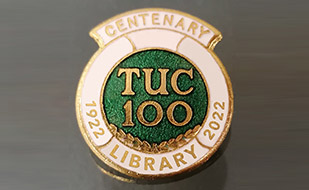
The Trades Union Congress (TUC) Library at London Metropolitan University’s Special Collections is the major research library for the study of trade unions, collective bargaining and labour history, with both historical and contemporary coverage. The TUC was core to the anti-apartheid movement, and the library holds posters, leaflets and other materials showcasing solidarity with the struggle.
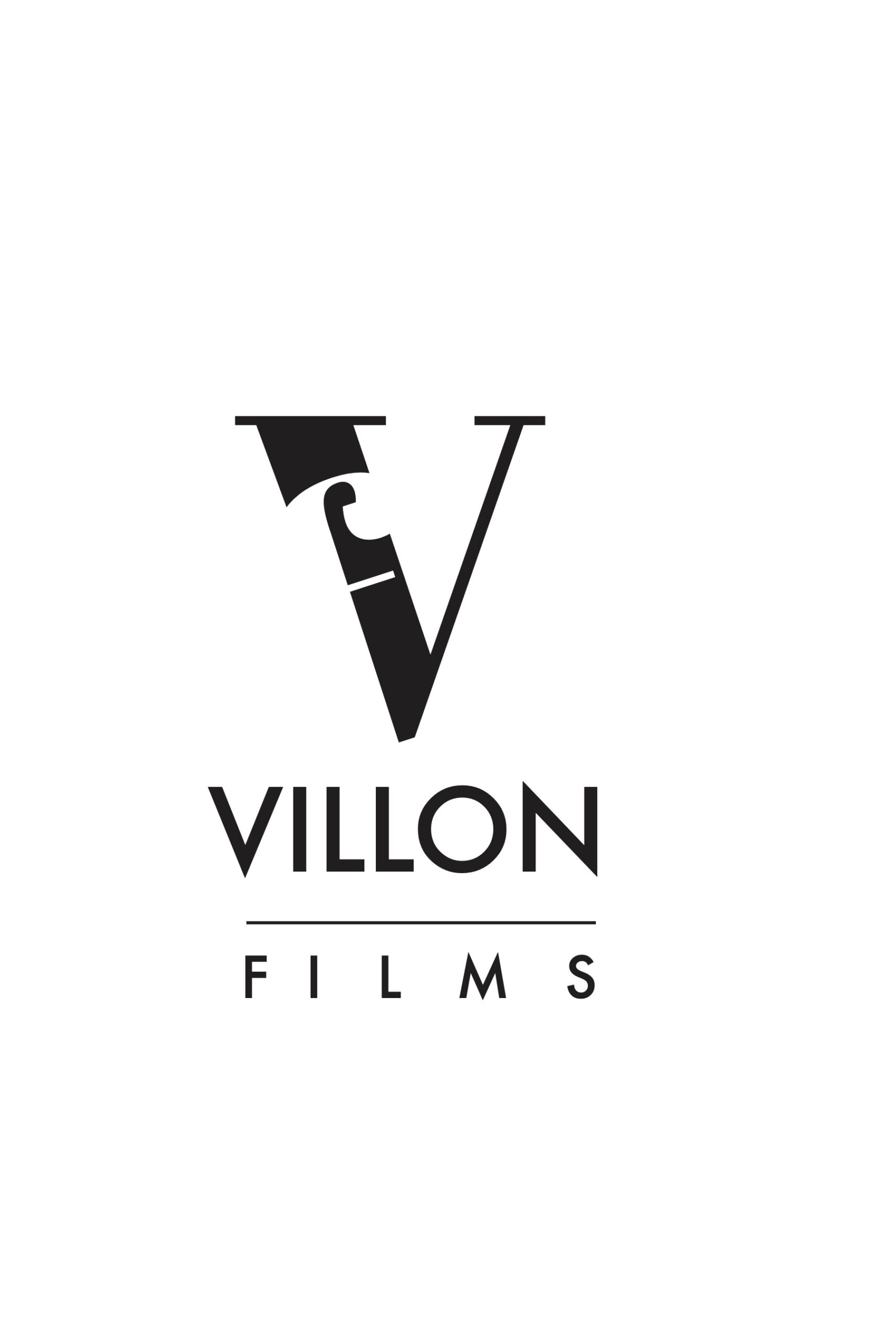
With a strong focus on socio-political documentary, the Villon collection of over 400 film titles and c.5,000 still images spans such global issues as government, history, ecology, culture, health and biography, and particularly the apartheid period of South African history, where Villon founder, award winning filmmaker and photographer Peter Davis, spent two decades.
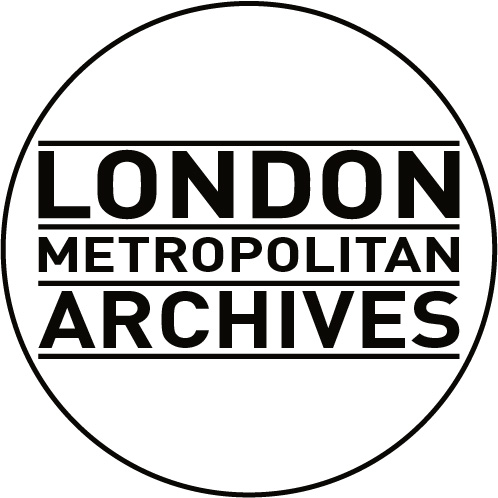
London Metropolitan Archives (LMA) specialises in London and Londoners, covering almost a ‘millennium’ of London’s histories. Free to use and open to all, relevant materials include papers of the Anti-Apartheid Movement’s London Group and Chair, David Kenvyn and items in the Greater London Council and London Strategic Policy Unit Collections. The honour of ‘Freedom of the City of London’ was awarded to several Rivonia Trialists and their defence team.

“The political system of apartheid governed every aspect of life in South Africa from 1948 to 1991. In practice, apartheid enforced a racial hierarchy privileging white South Africans and under this system only they had the vote.”
A wide ranging archive of apartheid-era related materials curated by Dr Debbie Challis for the BBC.
